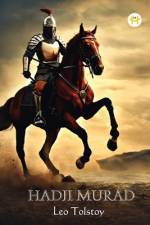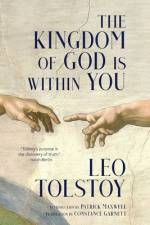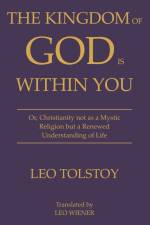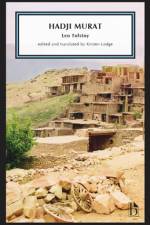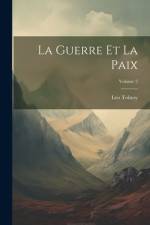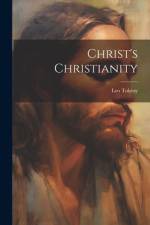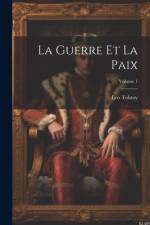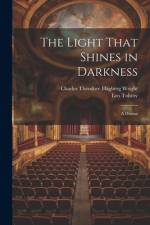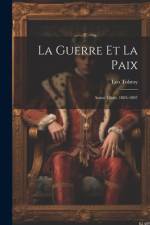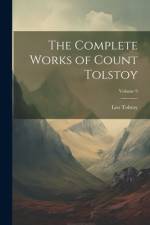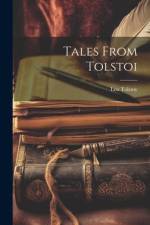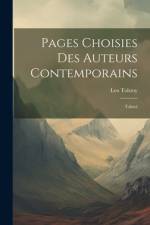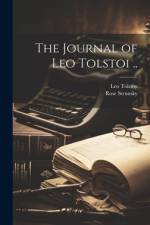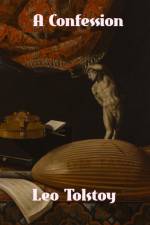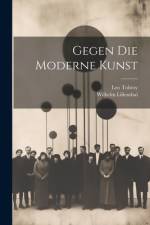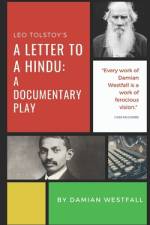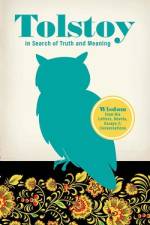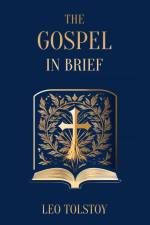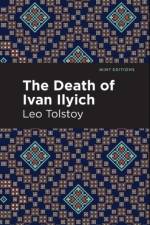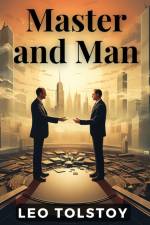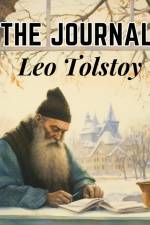av Leo Tolstoy
167
This collection of inspirational thoughts represents Leo Tolstoy's profound spiritual odyssey to find meaning and understand life's purpose. Chronicled as a biographical arrangement of his philosophical views, featuring quotations from his earliest diaries, stories, religious writings, political tracts, conversations, and letters collected throughout his lifetime, the collection shows how Tolstoy tackles subjects such as self-improvement, education, marriage and family, good and evil, peace, war, and civil disobedience with his own unique perspective. The selections, edited by Russian literature scholar, Robert Blaisdell, reveal Tolstoy as a sage fully immersed in and challenged by life: an intense person, writer, father, and husband. Best known for his literary masterpieces War and Peace and Anna Karenina, Tolstoy's existential journey features the fullest expression of his ideals and is a requisite for anyone seeking deeper knowledge and appreciation of the intricacies of human existence. Leo Tolstoy, often regarded as the most famous Russian author of any century, was born in 1828 at his family estate 120 miles south of Moscow. His mother died before he was two, his father died when he was nine, and he and his siblings were raised by a series of aunts. At the age of 16 he started university, but left before completing a degree. It was in this next period of Tolstoy's life that he began writing, and before he turned thirty, he was already regarded as a distinctive and important Russian author. He went on to write War and Peace and Anna Karenina, as well as the autobiographical novels Childhood, Boyhood and Youth, the nonfiction work, A Confession, and dozens of short stories, essays, and other works. He served as a soldier before becoming a pacifist. He was admired by his contemporaries, and is considered one of the greatest writers of all time. He died in 1910 at the age of 82. Bob Blaisdell is the author of the biographies Chekhov Becomes Chekhov and Creating Anna Karenina: Tolstoy and the Birth of Literature's Most Enigmatic Heroine; he is the editor of Tolstoy as Teacher, Tolstoy's Classic Tales and Fables for Children, and dozens of Dover Thrift editions. He is a professor of English in Brooklyn, New York. Wisdom from Tolstoy "To know God and to live is one and the same thing. God is life. Live seeking God, and then you will not live without God." --Confession "Faith--yes, we need faith. We can't do without faith. Not, however, faith in what other people tell us, but faith in what we arrive at ourselves, by our own thought, our own reason." --The Light Shines in Darkness "To say a man should not be guided by reason is the same as to say to a man carrying a lamp in a dark catacomb that, to find the way out, he must extinguish his lamp and be guided, not by light, but by something else." > "In old age one becomes indifferent to the fact that one will never see the results of one's activity. But the results will be there." >



